China refutes Trump’s tariff talks claim as trade tensions escalate
- Update Time : Friday, April 25, 2025
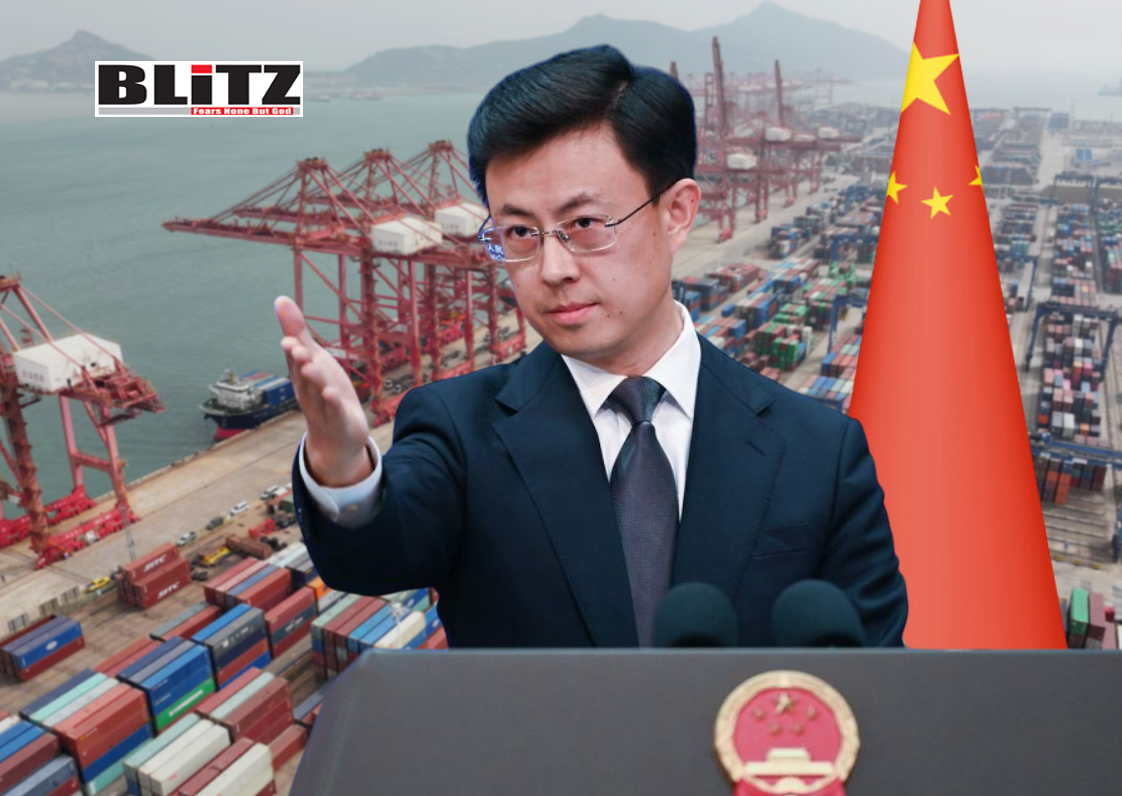
In a stark rebuttal to recent comments by US President Donald Trump, Beijing has dismissed claims that trade negotiations are currently underway between the United States and China regarding the ongoing tariff conflict. On April 24, Chinese Foreign Ministry spokesperson Guo Jiakun denied any such discussions, labeling the reports as “fake news” and emphasizing that no consultations or agreements have been made on the matter.
Guo’s categorical denial comes in the wake of Trump’s April 23 remarks, where the US president suggested that the tariffs imposed on Chinese goods earlier this month might be “substantially” reduced. Trump, who introduced sweeping new tariffs under the banner of “Liberation Day,” claimed that a fair and reciprocal deal with Beijing was imminent and that discussions were ongoing. However, China’s sharp response has cast significant doubt on any near-term resolution to the intensifying trade dispute.
Earlier in April, Trump announced a new round of tariffs, including a staggering 145% duty on Chinese imports. The move, he said, was necessary to correct what he describes as “decades of abusive trade practices” by China and other nations. As part of a broader protectionist campaign affecting over 90 countries, most of the newly announced tariffs were temporarily suspended for 90 days, except for those targeting China, which went into immediate effect.
Trump’s aggressive trade maneuver has been met with widespread criticism from economists, business leaders, and international allies. Critics argue that such policies not only exacerbate inflationary pressures at home but also disrupt global supply chains and strain diplomatic relations. While Trump insists the tariffs are designed to protect American industries and workers, the lack of consultation with Beijing and the exclusion of China from the temporary suspension list signals a more adversarial approach than in previous phases of the US-China trade war.
China has responded in kind. Guo Jiakun, speaking at a press briefing in Beijing, made it clear that no backchannel or official dialogue is occurring between the two governments on the tariff issue.
“This is all fake news,” Guo said. “As far as I know, China and the US have not held consultations or negotiations on the tariff issue, let alone reached an agreement.”
The foreign ministry spokesperson reaffirmed China’s position that the trade conflict was instigated by the United States and that any resolution must be based on mutual respect and equality. He added that while Beijing remains open to negotiation, it will not do so under duress or asymmetrical terms.
“China does not shy away from dialogue,” Guo stated. “But the dialogue and negotiation must be equal, respectful and mutually beneficial.”
He also warned that China would not hesitate to defend its interests, stating that Beijing is prepared to “fight to the end” against what it views as unfair and illegal trade practices imposed by the United States.
In response to the new US tariffs, China has imposed its own countermeasures, including a 125% tariff on US goods and the restriction of key exports, such as rare earth minerals and semiconductor components. These countermeasures are expected to have a cascading effect on US manufacturers and tech firms that rely heavily on Chinese inputs.
Analysts note that this tit-for-tat escalation is likely to deepen existing tensions and push both nations further away from a cooperative trade framework. With neither side showing signs of backing down, the prospect of a prolonged trade conflict looms large.
The repercussions of the renewed trade war are already being felt across global markets. The International Monetary Fund (IMF), in its April 22 World Economic Outlook, cited trade uncertainty as a principal factor behind its decision to downgrade global economic forecasts. The IMF now projects global GDP growth at 2.8% for 2025, down from 3.3% in 2024.
The US economy, previously forecasted to grow by 2.8%, is now expected to slow to 1.8% next year. China’s growth is also projected to decelerate to 4%, as the world’s second-largest economy adjusts to the shock of elevated tariffs and retaliatory measures. The IMF warned that if the trade war continues unabated, the global economy could see further contractions and increased volatility.
“This standoff poses a significant downside risk to both countries and the global economy at large,” said IMF Chief Economist Pierre-Olivier Gourinchas. “We urge all parties to resolve their differences through constructive dialogue and to avoid measures that could destabilize an already fragile recovery.”
Trump’s renewed tariff crusade appears to be driven in part by political motivations. With the 2026 presidential election cycle already beginning to take shape, the former president is looking to consolidate his base by reviving themes of economic nationalism and “America First” rhetoric. For Trump, who has consistently framed China as a geopolitical adversary, tariffs serve both as a policy tool and a campaign talking point.
However, this strategy is not without risks. While it may resonate with a segment of voters in manufacturing-heavy states, it also carries the potential to alienate business interests and middle-class consumers affected by rising costs. Moreover, the absence of genuine negotiations with China undercuts the administration’s narrative that a breakthrough is imminent.
The sharp contradiction between Trump’s public statements and China’s official denial exposes the deep rift and mutual distrust between Washington and Beijing. With both sides entrenched in their respective positions, the likelihood of a short-term resolution appears increasingly remote. As trade tensions continue to ripple through the global economy, the world watches anxiously for signs of de-escalation. For now, however, it seems the trade war between the two largest economies on the planet is far from over-and the cost of that conflict will be borne well beyond their borders.


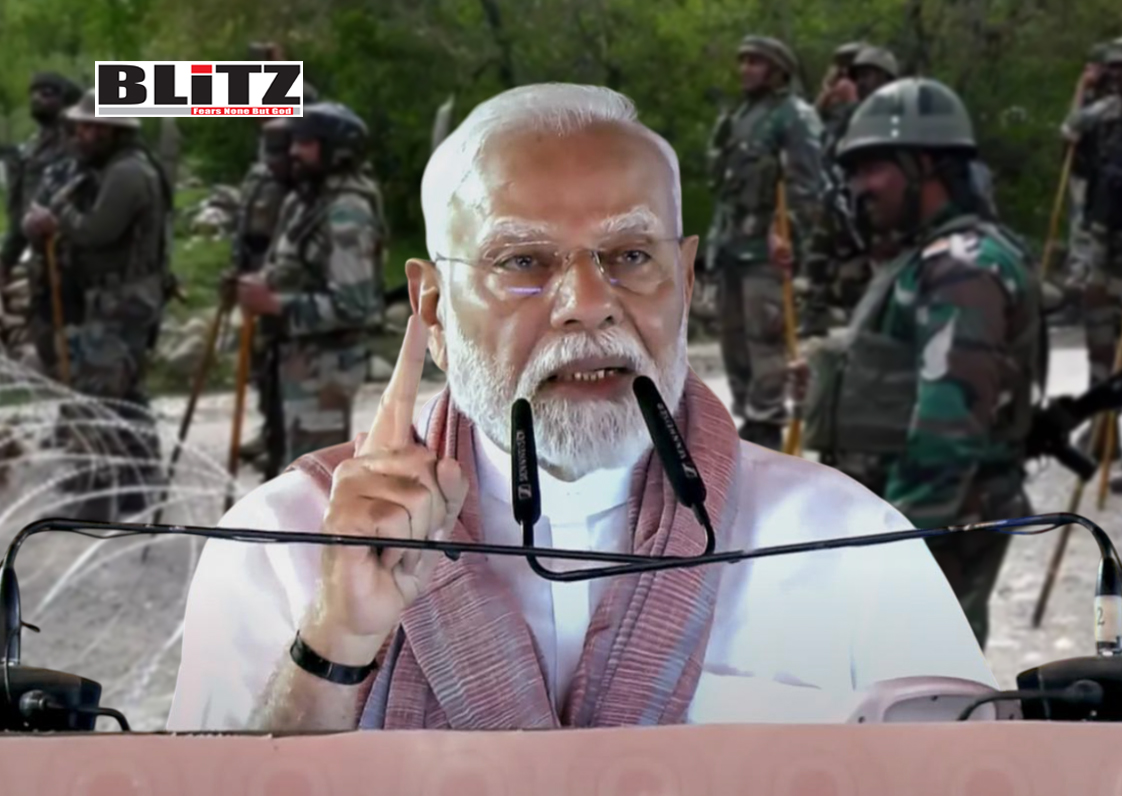
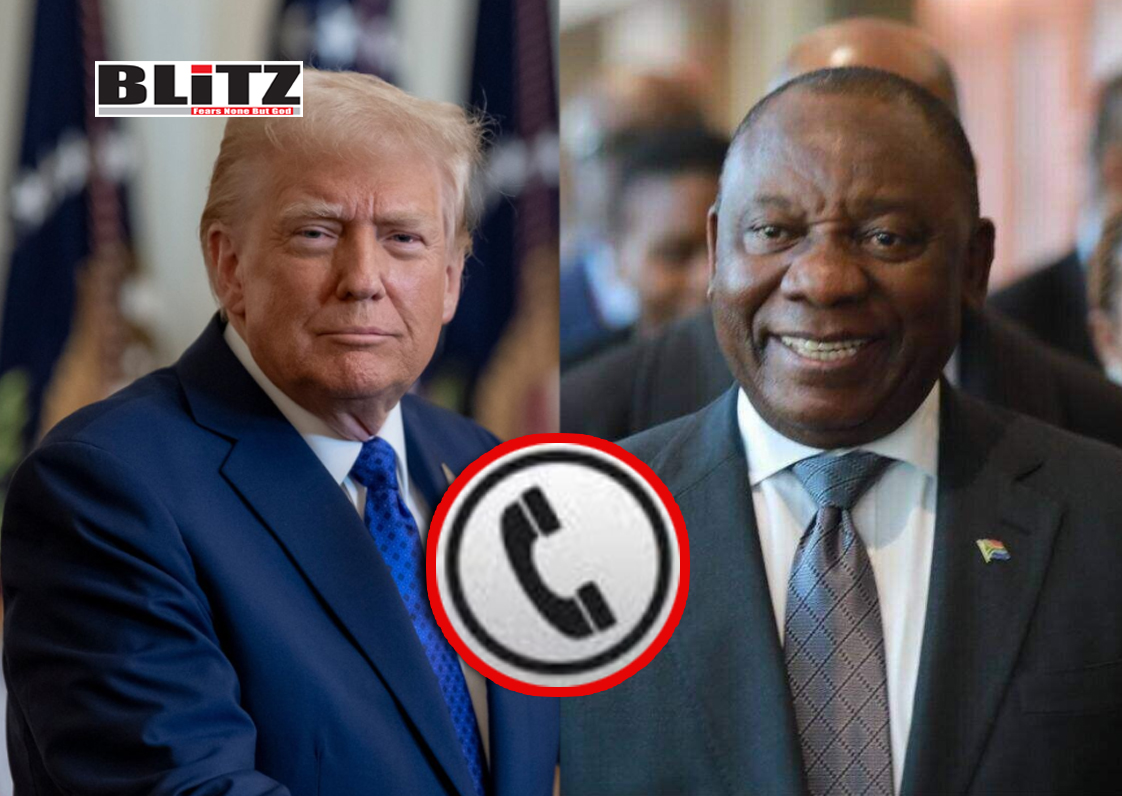

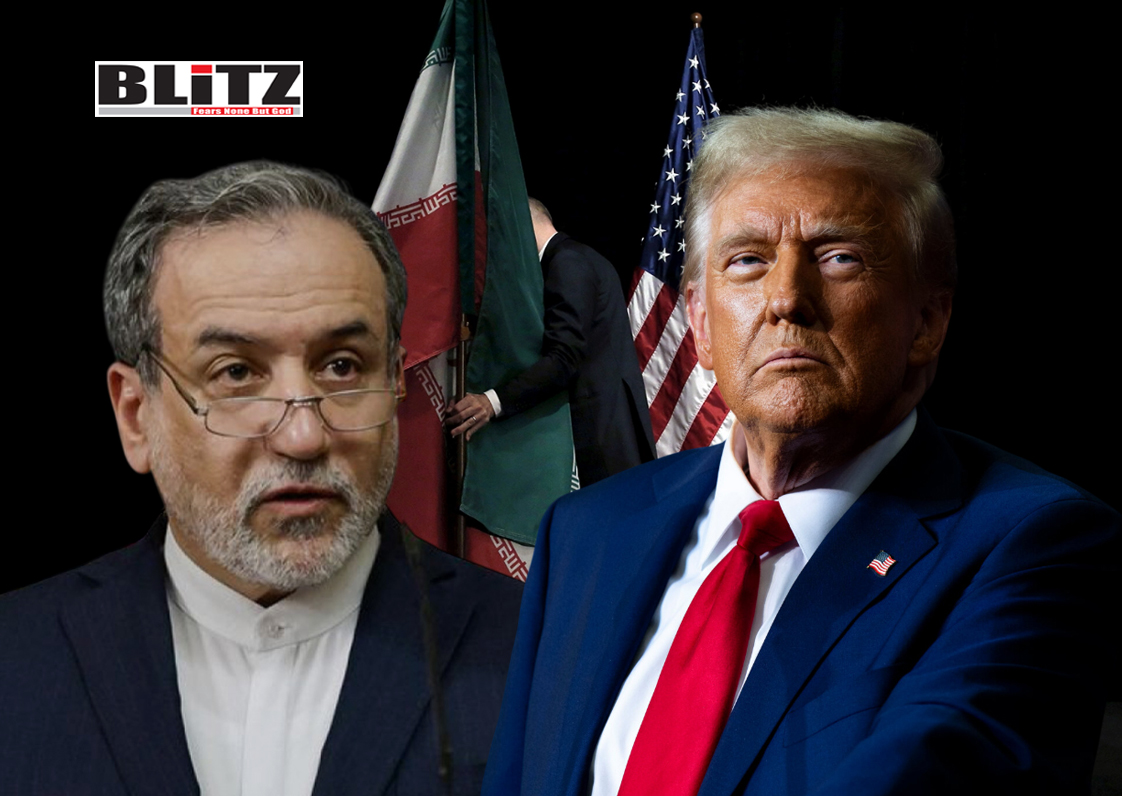


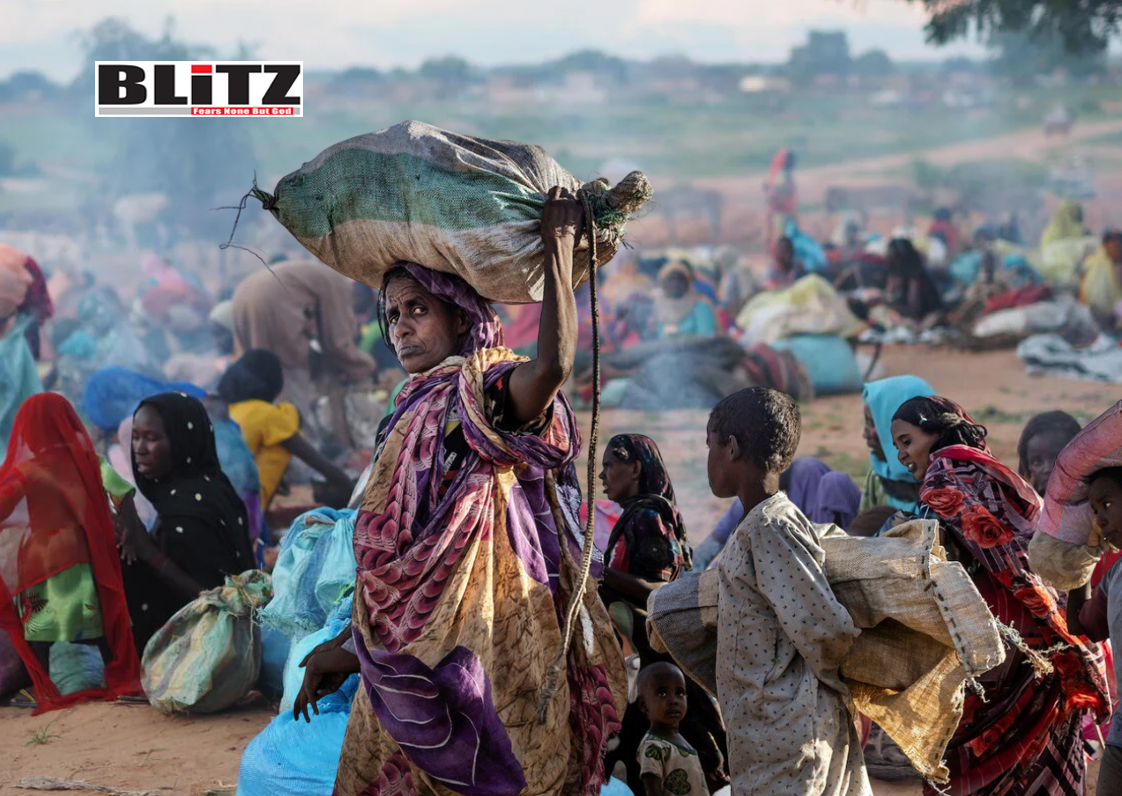
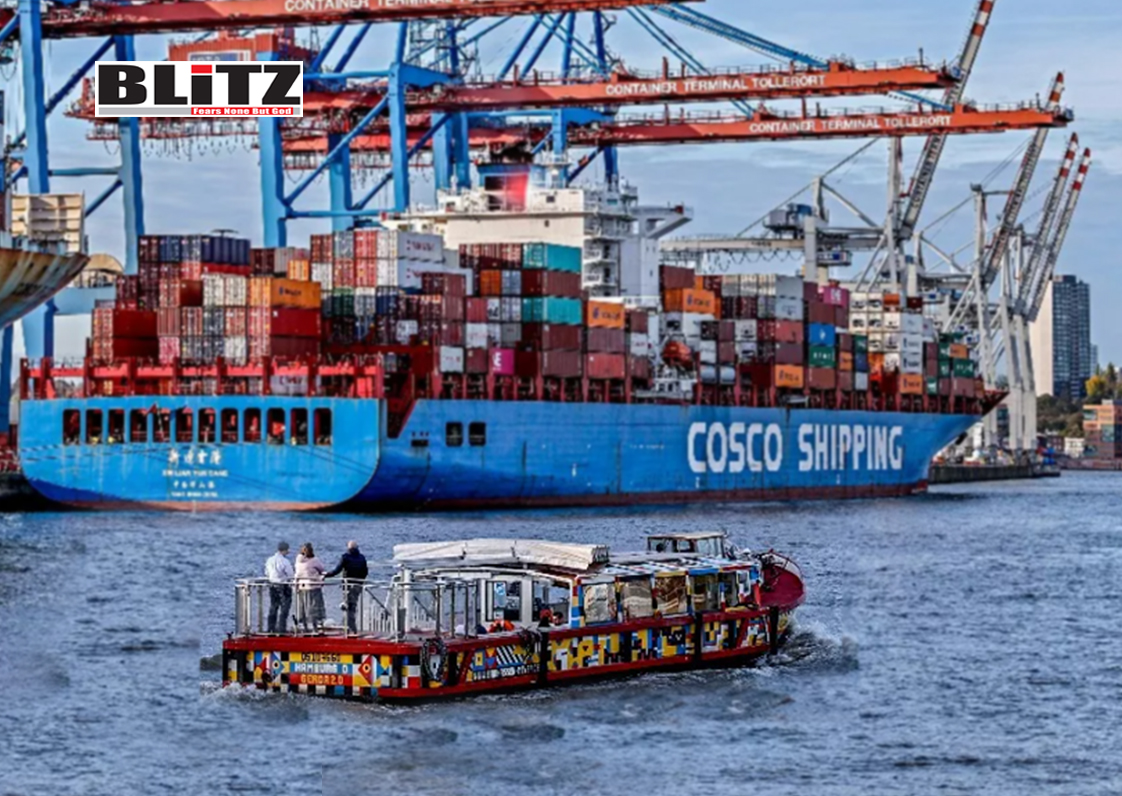


Leave a Reply